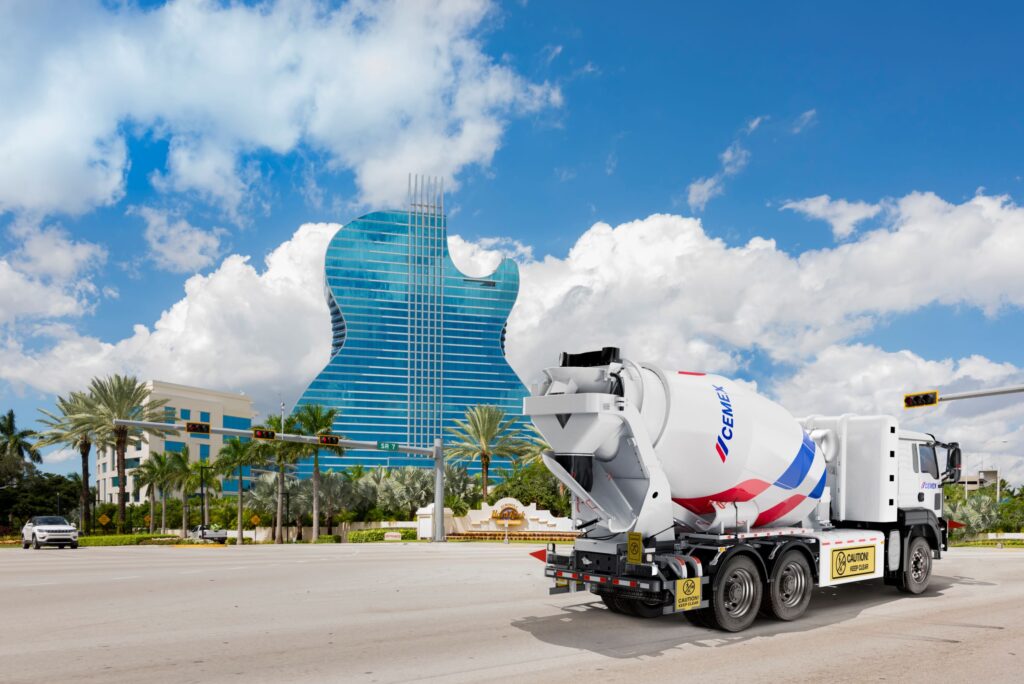Cemex Joins Ellen MacArthur Foundation to Boost Circular Economy in Construction

- Strategic Partnership: Cemex partners with Ellen MacArthur Foundation to integrate circular economy principles.
- Environmental Impact: Aims to reduce CO2 emissions from building materials by 38% by 2050.
- Regenera’s Success: Recovered over 9 million tons of construction and demolition waste in 2023.
Cemex has signed a Network Partnership with the Ellen MacArthur Foundation, aiming to enhance circular economy efforts in the built environment. The Ellen MacArthur Foundation’s Network is globally renowned for its circular economy initiatives, collaborating with forward-thinking organizations worldwide.
As part of this partnership, Cemex will leverage its Regenera business to embed circular economy principles into the cement supply chain. This move is supported by science-based research, advocacy, and coalition-building efforts to promote circularity within the building materials sector.
“Since 2023, with the launch of our Regenera business, we have strengthened our focus on circularity as an essential component of our strategy. Through Regenera, we are providing circularity solutions to extend the life cycle of products and reduce the use of virgin materials,” stated Fernando A. González, CEO of Cemex. “The Partnership with the Ellen MacArthur Foundation presents a tremendous opportunity to further drive Cemex’s leadership in the transition of the built environment towards a circular economy.“
Joe Murphy, Executive of the Business Network at the Ellen MacArthur Foundation, commented, “The built environment sector has a huge role to play in the transition to a circular economy, and Cemex have shown their intent to be a key player by joining our Network. As a leader in the construction industry, we look forward to supporting their circular economy journey through this long-term collaboration and showcasing the potential of innovative circular practices within the building materials industry.”
The United Nations reported that in 2021, the buildings and construction sector was responsible for about 37% of global CO2 emissions. By adopting circular economy principles, this sector can significantly reduce emissions, enhance sustainability in urban areas, and create resilience against supply chain disruptions and raw material price volatility.
A circular economy addresses climate change, biodiversity loss, and other global challenges by decoupling economic activity from finite resource consumption. The Ellen MacArthur Foundation accelerates this transition based on three design-driven principles: eliminating waste and pollution, circulating products and materials at their highest value, and regenerating nature.
Related Article: Ellen MacArthur Foundation Initiates Drive for Circular Business Models in Fashion Industry
In 2023, Cemex’s Regenera recovered over 9 million tons of construction and demolition waste, a 5% increase from the previous year. This initiative has effectively utilized construction-related waste as raw materials for concrete production, reintegrating them into the construction value chain and reducing the industry’s environmental impact.
Regenera is part of Cemex’s Future in Action program, which aims to achieve sustainable excellence through climate action, circularity, and natural resource management. The primary goal is for Cemex to become a net-zero CO2 company by 2050.










